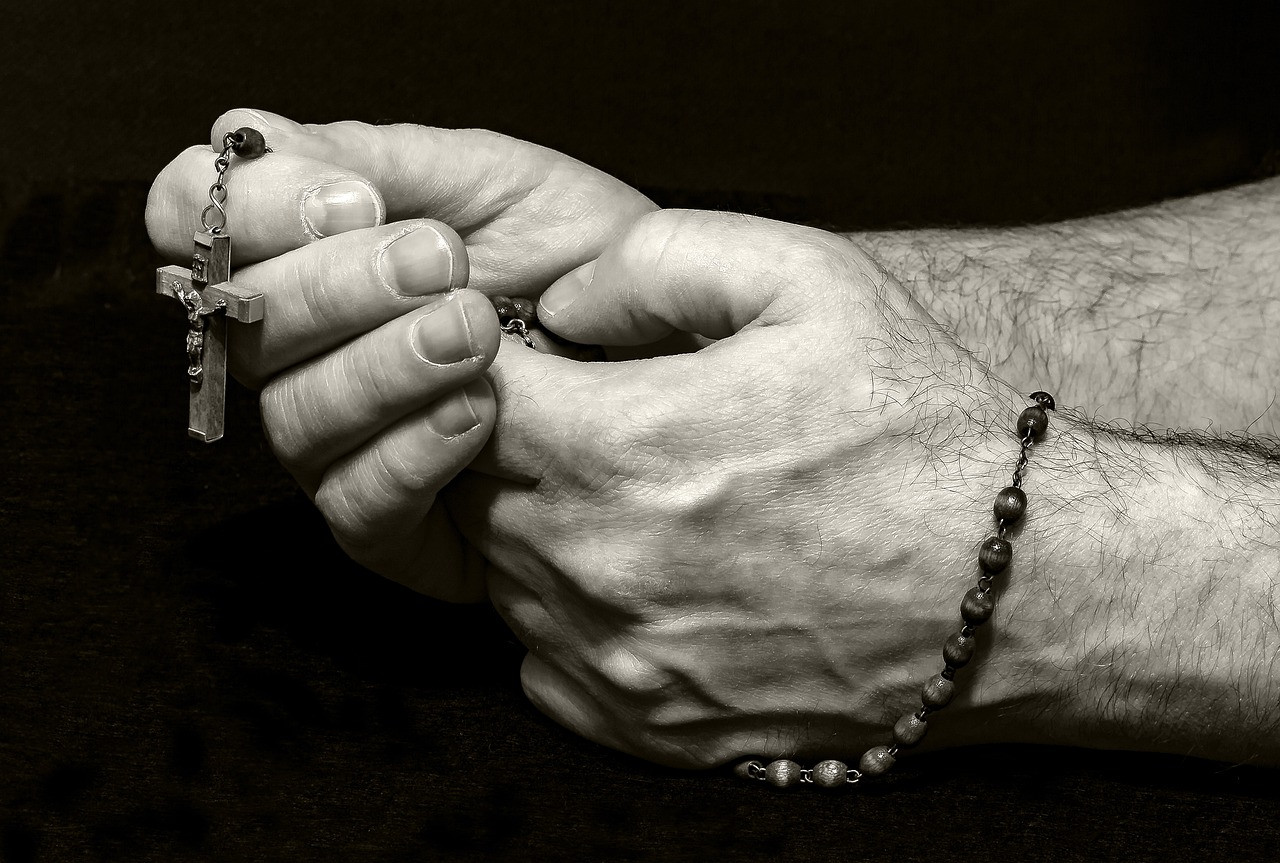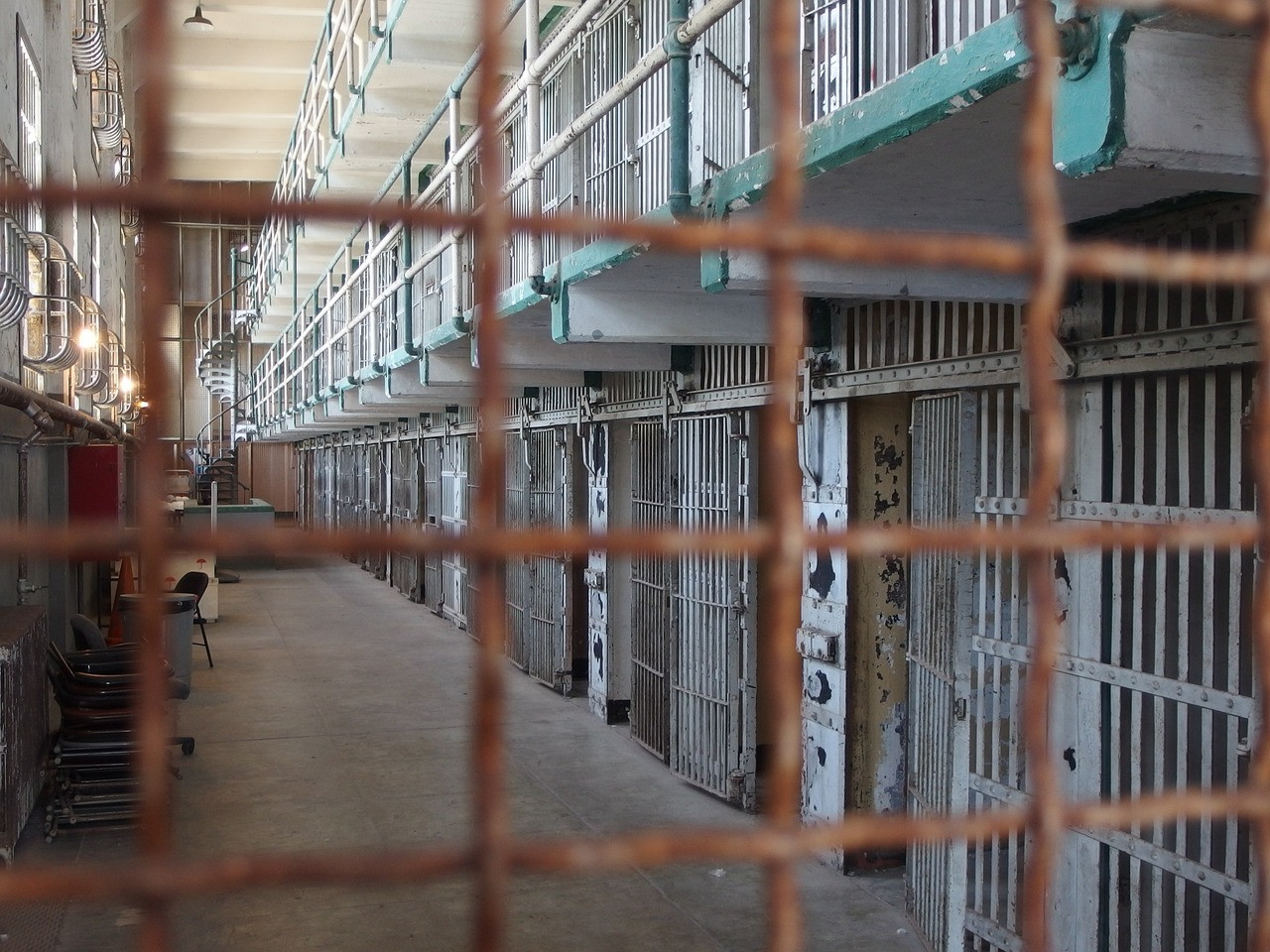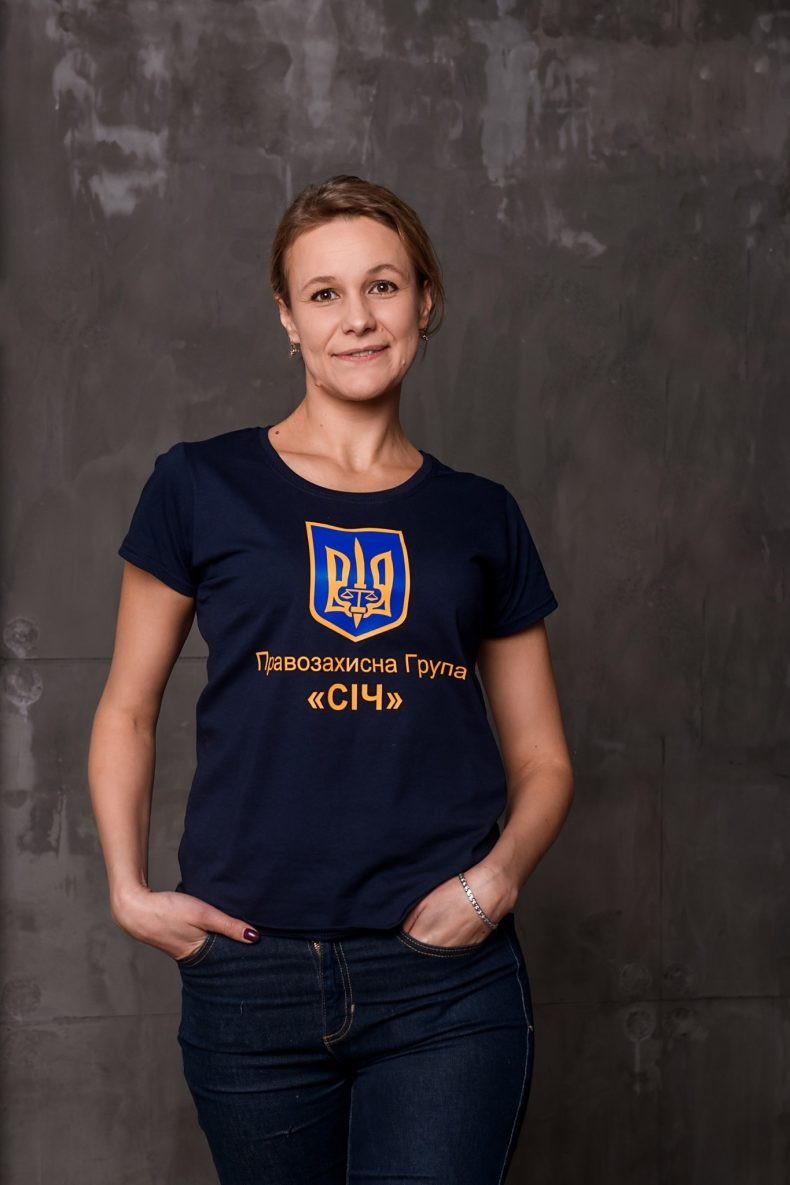40 people in a cell and constant abuse: a pastor from Dnipro spent four months in captivity in the "DPR".

Protestant church pastor Dmytro (his name has been changed for security reasons) was taken prisoner by Russia in March 2022. He went as a volunteer to Mariupol to deliver humanitarian aid and evacuate people. But on his way back, he was detained by armed men. In four months, he changed several places of detention. He survived torture, moral and physical abuse, dysentery and inhumane conditions of detention. He told his story to the lawyers of the «SICH» Human Rights Group, which operates a reception center of the Ukrainian Helsinki Human Rights Union in Dnipro. They documented the story as part of the initiative "Tribunal for Putin".
From Mariupol to captivity
On March 24, 2022, Pastor Dmitry left Dnipro by car to deliver humanitarian aid to Mariupol and evacuate people from there. He was traveling with several other cars with volunteer help. Dmitry was carrying food, baby food, hygiene products, water, fuel, and medicines. On the way to Mariupol, they passed at least 15 checkpoints.
"We passed in different ways. At some checkpoints, the Russians took away some of our food and cigarettes," says the pastor.
After reaching Mariupol, the volunteers began distributing humanitarian aid to local residents.
"I saw armed Russian soldiers. The situation in the city was terrible. Everything was broken, smashed, and the bodies of dead people covered with blankets were lying on the street. The locals were like lifeless. No emotion on their faces, emptiness in their eyes. In one of the yards, I met a woman who really wanted to leave, but couldn't because she had to bury her dead husband, who was lying in the open air in the same yard," says Dmytro.
Detention
In the evening of the same day, when the volunteers were returning home, Dmytro's car was suddenly cut off by a white Mercedes. Four armed Russian servicemen got out and ordered the volunteers to go to the so-called "commandant's office" for filtration.
At gunpoint, they searched Dmytro and began interrogating him. After the interrogation, the pastor was placed behind bars.
"We slept on the floor, it was very cold, and there was a plastic bottle instead of a toilet. We were fed bread and water. There were constant threats: death and injury. They accused us of terrorism, that we were taking out fighters of the Azov regiment. I tried to tell them that I was a clergyman, I had other goals, I was saving people, but no one heard me," said Dmytro.
Dmytro and the other volunteers were transported to several other places of detention, where the conditions were equally horrible. In one of the prisons, there were 20 hostages in a cell designed for two people, and in another - up to 40 hostages.
"At night, the guards simply locked us in, barred the windows and doors, just like in a concentration camp. It seemed as if they were going to gas the cell. It was very scary. I did not sleep that night. Since I am a pastor, we all prayed. In the morning they brought us a couple of bottles of water and a couple of loaves of bread. There was no daily routine, we were given bread and water from time to time, and that was it," Dmytro recalls his first night in such a cell.

Interrogations and torture
In another prison in the Donetsk region, the pastor was interrogated by an investigator with the call sign "Saint".
"When he found out that I was a pastor, he started asking questions about my activities, asked what church I was in, what my tasks were as a pastor. He told me that in Russia the Protestant church is outlawed, considered a sect and an extremist organization," Dmytro recalls.
After several prisons, Dmytro was transferred to a filtration prison in Olenivka. It was here that he was placed in a four-person cell with at least 40 other people.
"There was no place to even sit down. We took turns sleeping in this cell. They fed us bread and water. There was almost no food, we were starving. The water was technical, dirty, with rust and machine oil. This water gave me dysentery, a fever, dehydration from the infection, and I had to drink the same water. The toilet was in the cell, there was no sink, the smell was terrible. It made my eyes water. There was no medical care, no medicine," the pastor recalls.
During their stay in the colony, the hostages were used as labor - they were forced to repair the barracks at their own expense.
Moral terror
For the first time, Dmytro called his family only two months after his illegal detention. Before that, they did not know where he was.
"After the Azov fighters were brought in, I and other volunteers were moved to another barracks. Because we were involved in the reception of Azov soldiers, we had the opportunity to help them. We were also able to communicate with them, some of them had mobile phones, which we were also able to use. The guards were afraid to enter the barracks to the Azov soldiers, so they sent us to communicate with them. The Azovs were tortured and beaten to death," says Dmytro.
They tried to break the pastor morally. They beat him severely, threatened to kill him and his family, said that he would never leave, that he would never return home, that Ukraine did not need him, and that the entire territory of Ukraine was occupied.
Dmytro says that being in a complete information vacuum, it was very difficult to resist and not lose hope.
Release and legal protection
After spending four months in captivity, Dmytro was released in July 2022.
"We were taken out of the colony without money with a certificate of release, first we went to Donetsk, to the OCD to get our documents and belongings, and then I left for the territory of the European Union through Russia," the man says.
The man turned to the lawyers of the SICH Human Rights Group for legal assistance. Lawyer Yulia Polekhina documented his testimony. Now she is helping the pastor to receive monetary compensation from the state for his captivity.

"We have now prepared all the necessary requests so that Dmytro can receive a payment from the state. Since Dmytro was not released from captivity as part of the official exchange of the Coordination Center, we had to make more inquiries and look for additional evidence of violations of the Geneva Convention relative to the Protection of Civilian Persons in Time of War," she explains.
This information was collected and recorded by Yulia Polekhina, lawyer of the SICH Human Rights Group
Source: helsinki.org.ua